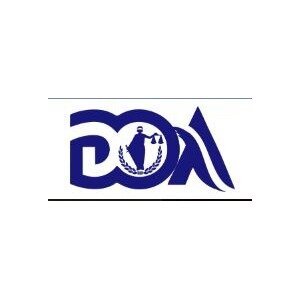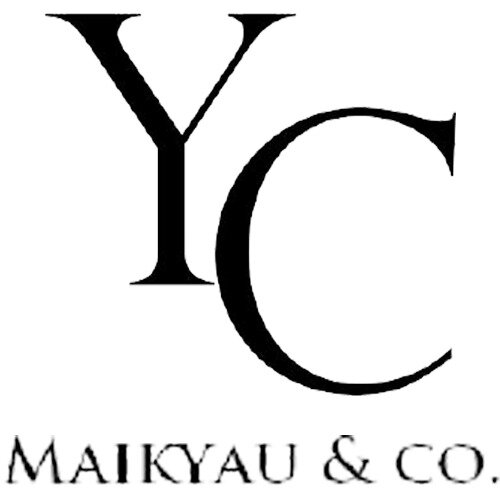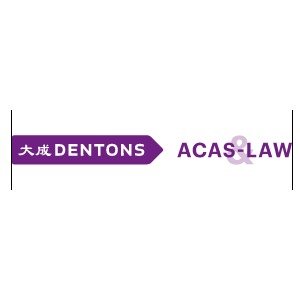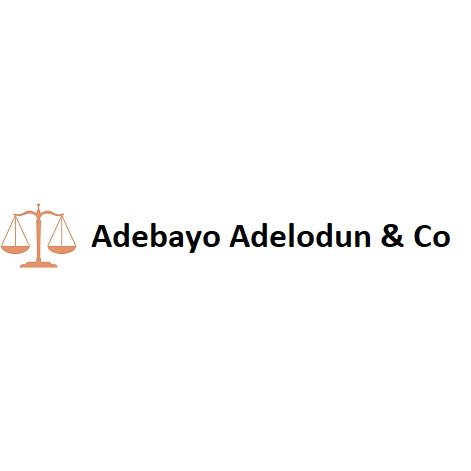Best Labor Law Lawyers in Abuja
Share your needs with us, get contacted by law firms.
Free. Takes 2 min.
List of the best lawyers in Abuja, Nigeria
About Labor Law in Abuja, Nigeria
Labor law in Abuja, Nigeria is designed to protect the rights and interests of both employees and employers. It governs various aspects of the employer-employee relationship, including working conditions, wages, benefits, and dispute resolution. These laws aim to promote fair treatment, prevent exploitation, and ensure a productive and harmonious work environment.
Why You May Need a Lawyer
There are several situations where seeking legal advice from a labor law lawyer in Abuja, Nigeria can be beneficial:
- If you are an employee who believes your rights have been violated, such as unfair termination, non-payment of wages, or discrimination.
- If you are an employer facing legal issues related to employment contracts, workplace policies, or disputes with employees.
- If you need assistance in negotiating a fair employment agreement or resolving conflicts through mediation or arbitration.
- If you are unsure about your rights and obligations as an employer or employee and need guidance.
- If you require representation in court for labor law-related disputes.
Local Laws Overview
The key aspects of local labor laws in Abuja, Nigeria are as follows:
- The Nigerian Labour Act governs most labor-related matters and provides a framework for employment relationships.
- Employees are entitled to certain minimum standards, such as a written contract, minimum wage, maximum working hours, and leave entitlements.
- Discrimination based on gender, race, ethnicity, religion, or disability is strictly prohibited.
- Employers are required to maintain a safe and healthy work environment and provide workers' compensation insurance.
- The law allows for collective bargaining and the formation of trade unions to protect workers' rights.
Frequently Asked Questions
1. Can an employer terminate an employee without any reason?
No, an employer cannot terminate an employee without a valid reason. There must be justifiable cause, such as misconduct, poor performance, or redundancy. Unfair terminations can be challenged under labor laws.
2. What is the minimum wage in Abuja, Nigeria?
The minimum wage in Abuja, Nigeria is currently set at ₦30,000 per month for organizations with more than 25 employees and ₦25,000 per month for organizations with 25 or fewer employees.
3. Can an employee file a complaint against an employer for discrimination?
Yes, an employee can file a complaint against an employer for discrimination based on protected characteristics such as gender, race, ethnicity, religion, or disability. It is important to gather evidence and consult a labor law lawyer for guidance in such cases.
4. Are employers required to provide paid leave to employees?
Yes, employers in Abuja, Nigeria are required to provide employees with paid annual leave. The duration of the leave depends on the length of service and is usually a minimum of 15 working days per year.
5. What is the process for resolving a labor dispute?
The process for resolving a labor dispute typically involves negotiation, mediation, and arbitration. If these methods fail, the matter may be taken to the Industrial Arbitration Panel or the National Industrial Court for adjudication.
Additional Resources
For more information and assistance with labor law matters in Abuja, Nigeria, you can refer to the following resources:
- International Labour Organization (ILO)
- Nigeria Labour Congress
- National Industrial Court of Nigeria
Next Steps
If you require legal advice or assistance with labor law matters in Abuja, Nigeria, the first step is to consult with a labor law lawyer who can evaluate your specific situation and provide guidance based on the relevant laws and regulations. They can help you understand your rights, negotiate on your behalf, and represent you if necessary.
Lawzana helps you find the best lawyers and law firms in Abuja through a curated and pre-screened list of qualified legal professionals. Our platform offers rankings and detailed profiles of attorneys and law firms, allowing you to compare based on practice areas, including Labor Law, experience, and client feedback.
Each profile includes a description of the firm's areas of practice, client reviews, team members and partners, year of establishment, spoken languages, office locations, contact information, social media presence, and any published articles or resources. Most firms on our platform speak English and are experienced in both local and international legal matters.
Get a quote from top-rated law firms in Abuja, Nigeria — quickly, securely, and without unnecessary hassle.
Disclaimer:
The information provided on this page is for general informational purposes only and does not constitute legal advice. While we strive to ensure the accuracy and relevance of the content, legal information may change over time, and interpretations of the law can vary. You should always consult with a qualified legal professional for advice specific to your situation.
We disclaim all liability for actions taken or not taken based on the content of this page. If you believe any information is incorrect or outdated, please contact us, and we will review and update it where appropriate.

















